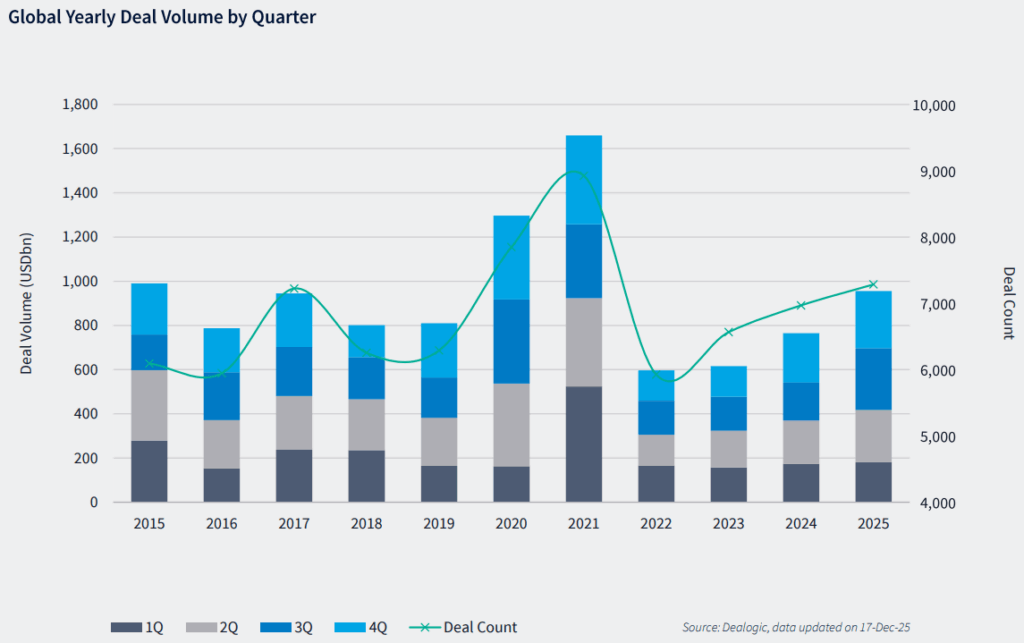‘Manage your expectations and be nimble’, Asia ECM bankers tell clients after market rout
Issuers and bankers will need to recalibrate their expectations to print deals in the rest of 2024 after a week of turmoil in financial markets, bankers and participants in Asia’s equity capital markets (ECM) said.
Volatility in Asian equities early this week – which saw the Nikkei briefly enter bear market territory on Monday before rebounding 10% yesterday (6 August) – stoked fears of a knock-on impact on equity capital markets issuance in the Asia-Pacific region.
But it’s too soon to call a bear market, said Ranjan Sharma, with UBS’s ECM Syndicate in Asia. Over the next two weeks, caution will prevail.
After August – a typically slow month for global ECM activity – there will be short windows so we should be in a state of readiness.
The MSCI Asia Pacific Index rebounded 1.5% today (7 August) after shedding 10% of its value during August through Monday’s close. The Nikkei has shed 12.5% of its value over a month, even after yesterday’s gains. That volatility threatens to create an additional drag on Asia-Pacific ECM volumes.
The region (excluding China-A Shares) has printed USD 125.4bn worth of ECM paper, versus USD 82.1bn in the same period last year. Key areas of activity during 2024 have centered around Indian initial public offerings, overseas equity-linked bonds offered by Chinese and Taiwan issuers, as well as placements in India, Australia, South Korea, Japan and Taiwan.

“To be completely fair, Japan has been very rich in valuations – never mind where rates and the yen are trading.” said Selina Cheung, co-head of ECM Asia with UBS.
“The reality is that a correction is overdue. It just coincides with US data.”
That said, Japan remains attractive with businesses in the IPO pipeline particularly strong and profitable.
Kioxia, a Japanese memory-chip maker, is among the names on the country’s IPO radar.
Taiwan, one of the busiest markets for ECM issuance year-to-date driven by AI-driven fundraisings by technology companies, rose 3.4% on Tuesday having fallen 12% across Friday and Monday.
UBS’s Ranjan added that the days of telling clients that “markets will be there for you” are gone.
“Volatility will continue, but we can handle this by being nimble and recalibrating expectations. Especially since, for the rest of the year, with each Fed meeting and the US elections, we are running into a period of the year that is macro- and politics-heavy,” he said, when asked for advice to corporate owners and chief financial officers.
India is one of the few Asian markets that has a strong year for IPOs during 2024. What keeps driving India is the local inflows – more than USD 30bn from local monies. There have been questions from local Chief Investment Officers on where they can invest and they will continue to chase deals. There is always a technical buffer there, Ranjan said.
Cheung noted that she is cautiously optimistic about dealmaking for the rest of the year.
“The speed of [China Securities Regulatory Commission] is picking up. A couple of large-caps have gotten approvals. We are hopeful that more transactions will come in the second half of this year,” she said.
Midea Group [SHE:000333], a Guangdong-based Chinese electrical appliance company, and S.F. Holding [SHE:002352], a Chinese integrated logistics service provider, have both received a nod from China’s CSRC for potential secondary Hong Kong listings.
Ranjan believes it’s only a matter of time before the China/Hong Kong markets come back.
“They were relatively stable and we received regulatory approvals for large names, with international institutional followings,” said Ranjan. “From where we are, Hong Kong will receive support but investors will be selective.”
When asked about his view on the ECM dealmaking for the rest of the year on a scale of 1 to 10, Ranjan said he is around 6-7. “But that’s very fluid and I remain optimistic on volumes picking up.”
An ECM banker in Southeast Asia said corporates looking to raise funds should “wait for a while, at least post-September’s Federal Open Market Committee (FOMC) meeting” if their requirements are not urgent.
In the Philippines, potential IPO issuers that may be spooked by recent volatility might instead turn to private placements to finance their requirements, a local banker said.
Other issuers are still keen on launching their respective IPOs in the fourth quarter of 2024, and are on a wait-and-see stance and monitoring whether the volatility will subside, another local banker added.
A fund manager based in Melbourne said he expects equity fundraisings will slow down.
“Having said that, I consider this to be a temporary reset in a bull market,” he added.
No panic selling – yet
Asia’s convertible bond market, which priced a record amount of new deals in the quarter ended 30 June, had been expected to reopen briskly in September.
“Now I am not sure,” said one banker. “It’s a bit of risk-off which all stemmed from the US jobs report last week.”
The US added 114k jobs in July, down from 179k during June, and the unemployment rate increased from 4.1% to 4.3%, according to US Bureau of Labor Statistics data published on Thursday last week (1 August).
But it would be unwise to read too much into one data point and secondary valuations in convertibles have so far stayed relatively stable, the same banker said,
“This is the CB space and it’s supposed to hold up,” he added.
Investors haven’t hit the panic-selling button in the same way as during 2022 when a blow-up in Asia’s credit markets coincided with the outbreak of war between Russia and Ukraine, the banker said.
In fact, “while we were on the phone, I had two investors asking what names had pulled back the most, as they are looking to buy,” he said.
Still, nobody wants too much volatility, said an investor. Much of the paper issued recently traded at a parity around 60%, the investor said.
There are some names that look potentially interesting such as Japanese department store operator Takashimaya Co‘s [TYO:8233] JPY 60bn (USD 532m) 2028 paper, which traded down to 110 from 130 amid the turmoil, the investor added.
With fears of a recession in the US economy and volatility across Asia’s capital markets in recent days, issuers, bankers and investors look set to be in for a dramatic end to the year.











